Bladder problems after a stroke are common.
Research reveals about 40 people out of 100 who admit to a hospital with a stroke lose bladder control. Of them, 25 will leave the hospital with the problem. Still, ten will continue to live with the problem.
The good news is that most of the time, the continence – bladder control – reappears within the first few weeks. However, some may take months and even years.
And, another good news is that stroke carers can do a lot to reclaim bladder control.
This page brings you credible research findings and expert recommendations about how to regain bladder control. Absorbent products become necessary for bladder control regaining efforts. Some may need those products long-term to contain urine leaks. Therefore, this page is organized under two main sections as follows;
- Re-gain bladder control
- Manage urine leaks
Regain bladder control
How stroke causes incontinence
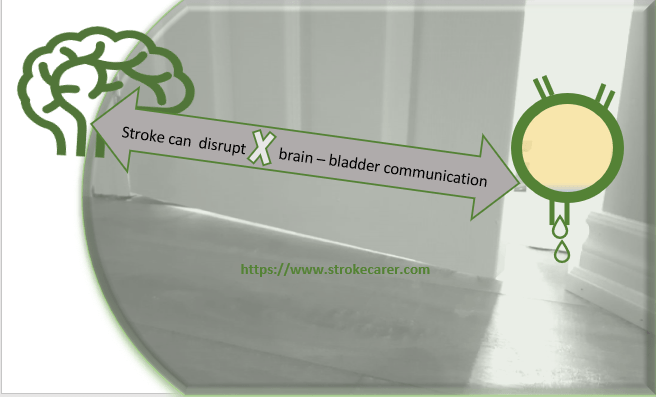
Strokes can rob bladder control by disrupting brain-bladder communication. Read more…
What continence problems stroke can cause?
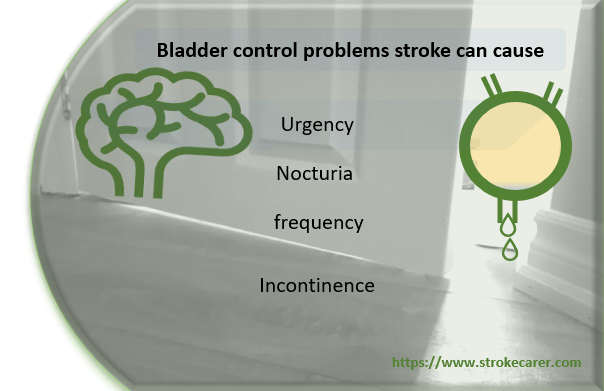
Incontinence is not the only bladder control problem stroke can cause. It also includes nocturia, increased daytime frequency, etc. This post explores what these problems are.
How to regain bladder control after a stroke
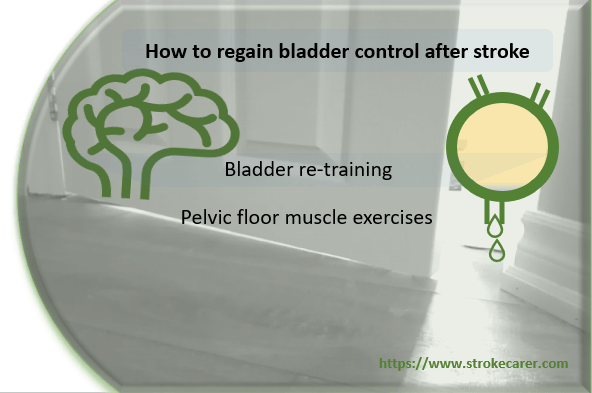
We can assist the brain in its efforts to regain bladder control after a stroke. Bladder re-training and pelvic floor muscle exercises stand out in this endeavour. Find out more…
Research on regaining bladder control after a stroke

This post looks at a Cochrane review that delved into the published research on effective interventions to deal with bladder problems after a stroke.
Manage urine leaks
Body-worn absorbent products to contain urine leak
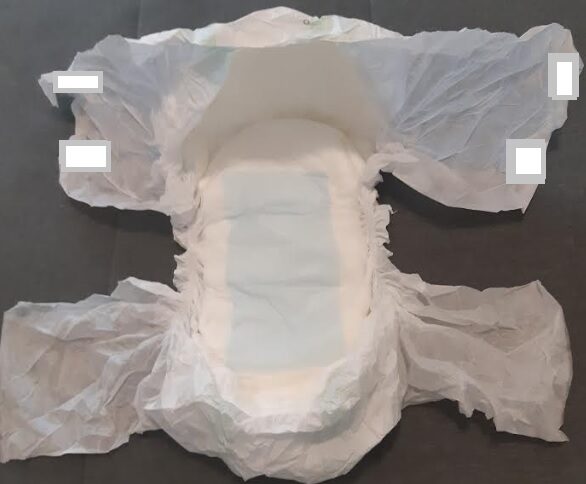
A variety of body-worn absorbent products exist in the market. This post discusses some common ones.
A simple buying guide for body-worn absorbent products
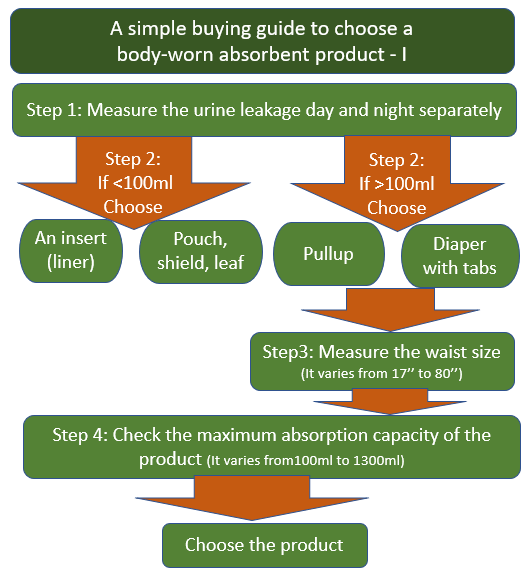
This simple buying guide assists new stroke carers to choose the right products and it saves your money too. Read more…
Measure the amount of urine leaking
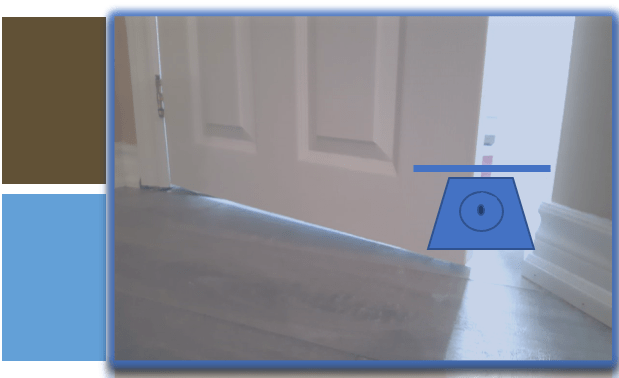
Measuring urine leak is a best practice in regaining bladder control journey.

